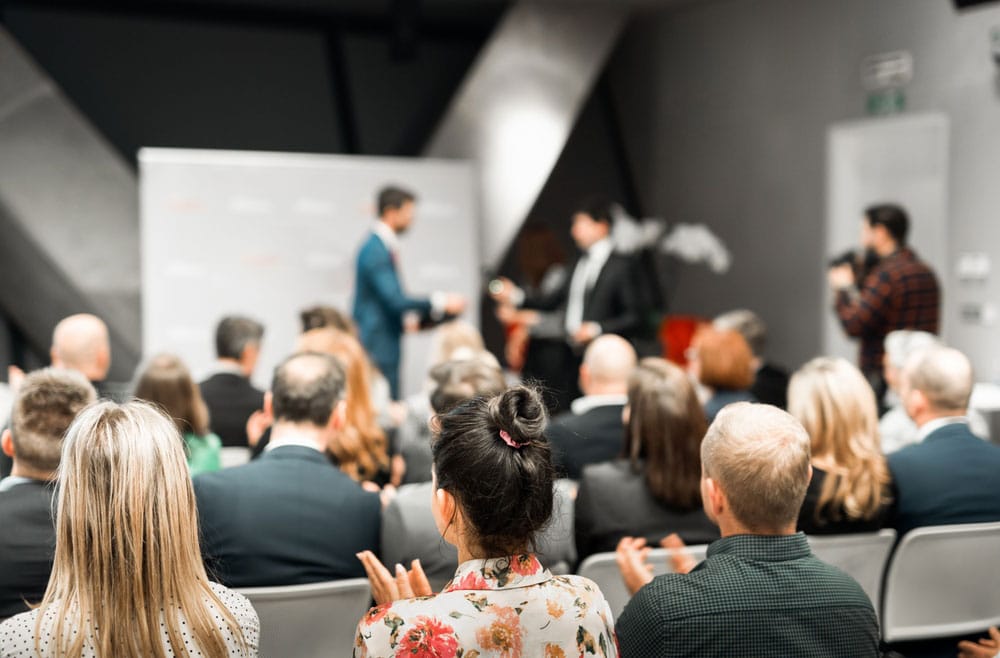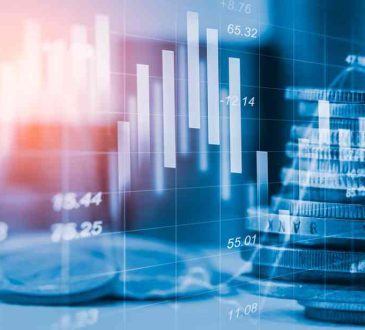The Wobegon Effect in The World of Work: A Risk for All CEOs

In the fascinating and almost enigmatic world of CEOs, often surrounded by an aura of power and prestige, lies a psychological phenomenon that requires special attention: the ‘Wobegon Effect’. This concept, coined by social psychologist David Dunning, refers to the human tendency to overestimate their own abilities and performance compared to others, creating a sort of illusion of personal superiority.
This cognitive bias can have significant consequences in the work context, especially when it comes to corporate leaders. CEOs, being at the top of the organisation, are often subject to the Wobegon Effect in a more pronounced way. Their position of power and authority can foster a sense of invulnerability and arrogance, leading them to believe that they are above others and immune to mistakes.
However, this attitude can be extremely detrimental to the company and the working climate in general. When leaders overestimate their own capabilities, they may ignore warning signs, making unthoughtful and risky decisions, and underestimate the skills and opinions of employees. This can lead to unwise choices, business failures, and many other negative scenarios.
Another devastating aspect of this cognitive bias is its ability to influence, in a general way, the corporate culture, creating an environment in which constructive criticism is discouraged. Employees may feel intimidated to raise concerns or propose new ideas, fearing that they will be ignored or even punished. This can lead to a climate of fear and stagnation, where innovation and progress are stifled by the fear of contradicting the ‘perfect’ CEO.
The Myth of The Perfect CEO
To counter the Wobegon Effect in the world of CEOs and the world of work in general, it is essential to foster a culture of humility and transparency. Leaders must be willing to admit their mistakes, listen to the opinions of others and make informed decisions based on facts rather than ego. Furthermore, it is crucial to foster an environment where diversity of thought is valued and where employees feel free to express their ideas without fear of retaliation.
Finally, it is important to remember that no CEO, no matter how talented or charismatic he or she may be, is immune to mistakes or failure. The true mark of a great leader is not perfection, but the ability to learn from mistakes, adapt to challenges and lead with humility and integrity.
The Wobegon effect is an insidious bias that can have a negative impact on companies. CEOs who are aware of this bias and take measures to avoid it can improve their performance and create a healthier and more productive work environment.
In conclusion, the Wobegon Effect represents a significant challenge in the world of work, especially for CEOs and other business leaders. Those who are willing to commit to improving their skills and self-awareness can create a more effective and productive work environment for all through a culture of inclusiveness and openness.
This is the only way to overcome the myth of the perfect CEO and create healthier, more inclusive, and resilient work environments.
Have you read?
Revealed: Safest Cities in the World, 2024.
Ranked: These are the countries with the highest (and lowest) Home Ownership Rates, 2024.
Revealed: Largest Universities In The World By Number of Students Enrollment, 2024.
Report: Cities and Countries That Require Visitors to Pay Tourist Taxes, 2024.
Most-followed NFL players by team on Instagram, 2024.
Add CEOWORLD magazine to your Google News feed.
Follow CEOWORLD magazine headlines on: Google News, LinkedIn, Twitter, and Facebook.
Copyright 2024 The CEOWORLD magazine. All rights reserved. This material (and any extract from it) must not be copied, redistributed or placed on any website, without CEOWORLD magazine' prior written consent. For media queries, please contact: info@ceoworld.biz








